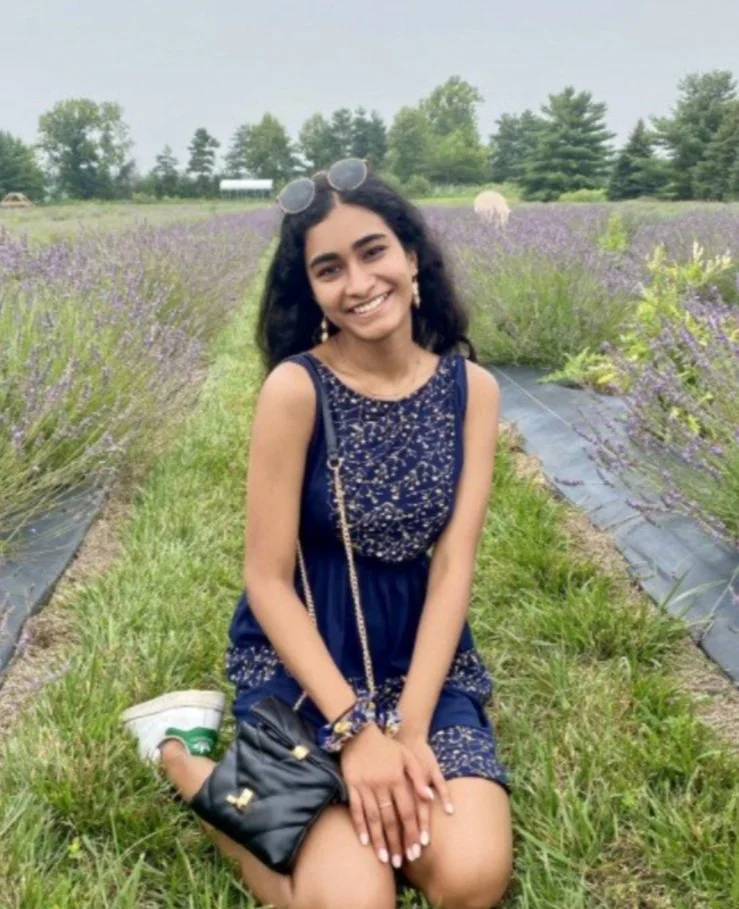About the Author
Divya is a recent alumna of the University of Michigan in Ann Arbor, where she studied Biology, Health, and Society with a minor in English. She is interested in the intersection of medical science and the human narratives that inform it, and believes that without an exploration of the latter, the former is meaningless. She currently works as as a medical assistant full time, and reads/writes part-time before she applies to medical school. Her work has been published in The Lookout Journal, Earth Island Journal, The Scarlet Leaf Review, Off Assignment and other publications.
Foreword
It’s always an adventure to see things with brand new eyes, but what if those eyes belonged to someone else?
Divya Manikandan appeared in the Auxocardia inbox in late July offering answers to that question. She offered up her idea of creating an interview column that would highlight how people of different identities exist within the world of healthcare. What made me believe in this project were these words by Divya:
“I believe there's a lot that narrative medicine could add to this conversation to keep people on both the receiving and providing ends of healthcare in the know.”
In this endeavor, Divya has bridged the gap between what we know and what needs to be learned. In her work she has continuously shown that her vision of her future includes the souls for whom she will provide care. In this column, she acts as a medium providing different lenses with which to view each other; she has given us new eyes.
Marvin Urias
Communications/Project Manager
Welcome
Hello! And welcome to this little corner of the Internet where we interview wonderful people of different identities and backgrounds and give them a platform to express what it feels like to navigate healthcare in America.
Today, the realities and theatre of being a patient or caregiver in our health system are related to one's embraced sexuality, gender, socioeconomic status, race, ability, (and everything else) in the infinite crossroads of identity. A young South Asian woman's first pap smear– the emotions and politics associated with it– reveal something completely distinct about the business of healthcare than, say, a person who uses a wheelchair going to their PCP for a physical, or an Amish couple looking for infertility support. So much of what medical ‘best practice’ takes for granted is challenged by individual thought, subject position, and ultimately everyone's unique and diverse identities.
Homograph recognizes that while the intricacies of the human body– its biochemical, cellular details– are shared by us all, the way we experience our biological selves has its roots in what makes us diverse, not in what makes us uniform.
Divya Manikandan
Contributor
